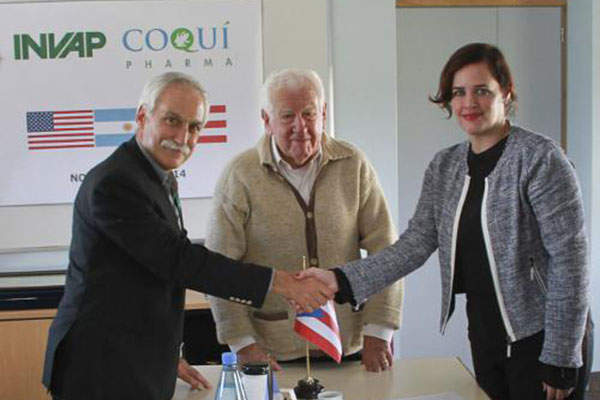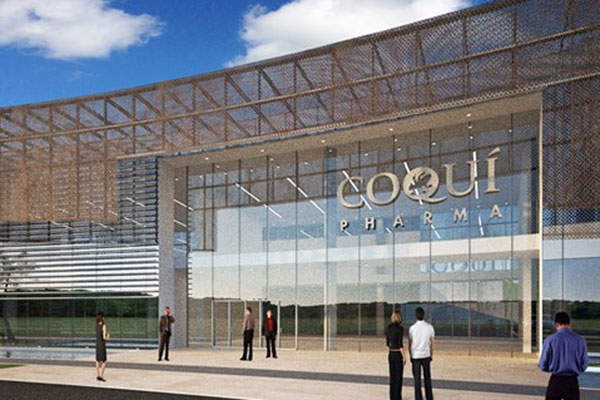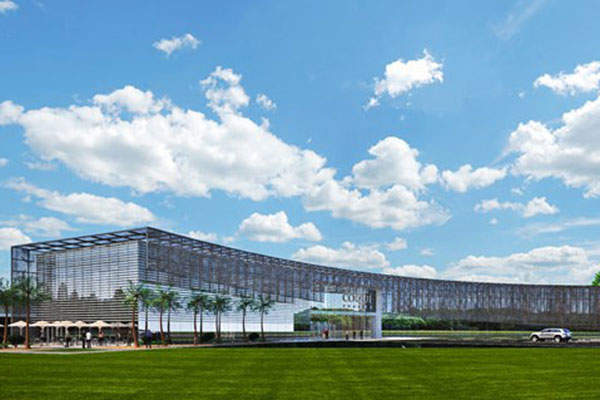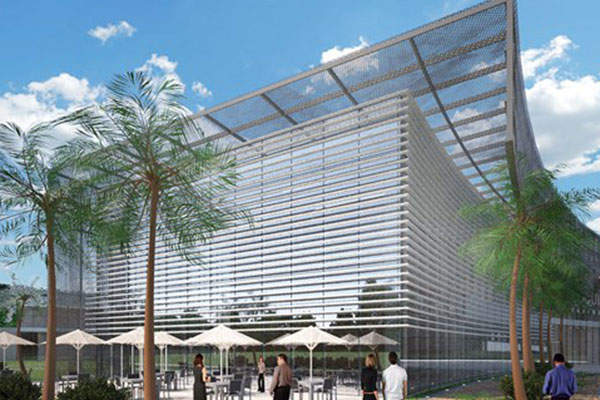In April 2015, Puerto Rican pharmaceutical company Coquí RadioPharmaceuticals (Coquí) completed the schematic design for a medical isotope production (MIP) facility in Alachua County, Florida. Coquí has started work on the detailed design for the facility.
The facility will be the first commercial supplier of the radioisotope Molybdenum-99 (Mo-99), which is used in 20 million procedures a year in the US. It will use low-enriched uranium (LEU) fuel to produce the radioisotope.
Medical diagnostic and therapeutic radioisotopes used in the US are currently imported from a production facility in Canada, which is expected to close in 2016. There are currently no other companies producing Tc-99m in the Western Hemisphere.
Coquí expects to submit a licence application to the Nuclear Regulatory Commission for the facility’s construction by the end of 2015, following a critical design review in August and the submission of an environmental report two months before the licence application is submitted.
Ground-breaking for the plant’s construction is expected to take place in 2017. The project is estimated to involve a $330m investment and create up to 164 jobs.
Details of the Coquí RadioPharmaceuticals medical isotope facility
The medical isotope production facility will have a 250,000ft² total floor space. It will be built on a 25-acre land area donated by the University of Florida Foundation in January 2015.
The plant will be built using open pool reactor technology, which was used in the construction of an OPAL reactor in Australia.
Coquí’s facility will include two pool-type materials test reactors (MTRs), a radioisotope processing plant, a waste conditioning plant and administrative and support services offices.
It is planned to have a capacity of 7,000 six-day curies a week and is expected to fully comply with the Global Threat Reduction Initiative, which aims to facilitate the quick disposition of high-risk, vulnerable nuclear and radiological materials.
Medical isotopes are used in medical tests to detect a wide range of diseases, including cancer and cardiovascular diseases. Technetium-99m, which is derived from Mo-99, is the most widely used medical isotope in the world.
Location of the medical isotope production facility
The site was chosen for a number of reasons, including its location (106ft above mean sea level), its slightly sloped topography and the availability of a skilled workforce due to its proximity to the university.
In addition, the University of Florida Training Reactor (UFTR) will ensure the availability of knowledgeable local emergency responders.
The state of Florida also has an emergency plan in place because of existing power reactors.
Equipment installed at the Coqui RadioPharmaceuticals facility in Florida
The facility will be installed with complex equipment, including hot cells with an enclosure ventilation system to keep cells at less than atmospheric pressure, and shielded containers to transport targets, radioactive material and waste.
It will feature thermal baths, heat exchangers, a hydrogen recombiner, a dissolver, vacuum pumps and tanks for collecting liquid and gaseous waste.
Other equipment to be installed at the plant includes reactor coolant systems, engineered safety features, and instrumentation and control systems.
Sustainability profile of the Coquí facility
Buildings at the MIP facility will be built so as to operate at minimum energy consumption rates and produce limited carbon dioxide emissions.
The building will be designed to mitigate solar exposure and enhance daylight control. Its design will also aim to ensure the most effective use of water inside the facility and for the landscaping outside.
Contractors involved with Coquí’s medical isotope production facility
In November 2014, Argentinian nuclear engineering firm INVAP was contracted to provide design and construction services for the MIP facility. INVAP was also involved in designing the OPAL reactor in Australia.
US-based design and consulting firm Gresham, Smith and Partners was selected as the consultant for siting, environmental data collection and environmental report preparation. ENERCON was appointed as the consultant to assist in preparing the construction and permit application.
Engineering and management services firm MPR Associates was chosen to serve as the owner’s engineer and consultant to Coquí. Legal firm Hogan Lovells was appointed to act as nuclear regulatory and environmental attorneys for the project.
Marketing commentary on Coquí RadioPharmaceuticals
Based in Coral Gables, Florida, Coquí RadioPharmaceuticals is a Puerto Rican medical isotope company dedicated to the production of Mo-99.
The company was founded in 2009 with the aim of establishing a reliable and commercially scalable medical diagnostic and therapeutic radioisotope supply base in the US.







